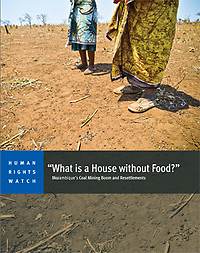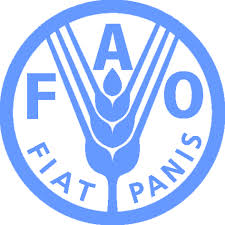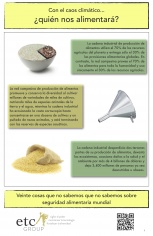Foreign land deals in Tanzania - An update and a critical view on the challenges of data (re)production
"In the absence of an easily available source of reliable up-to-date data on foreign land deals in Tanzania, many reports have been published that attempt to provide an overview of these deals. While providing this overview is challenging due to the dynamic and non-transparent nature of the 'land grab' phenomenon itself, it has become even more debatable due to certain questionable methods of using and quoting existing data. This leads to several flaws including the ‘virtual survival’ of cancelled land deals ‘on paper’.









